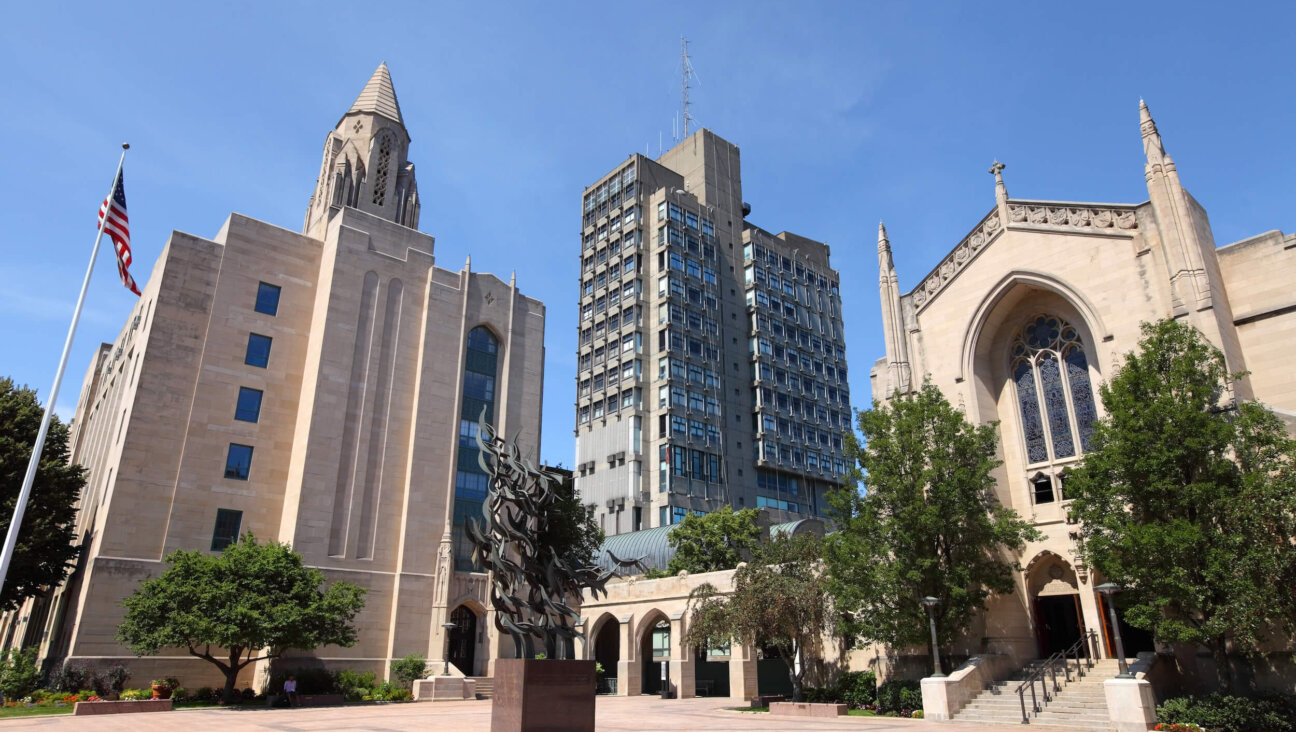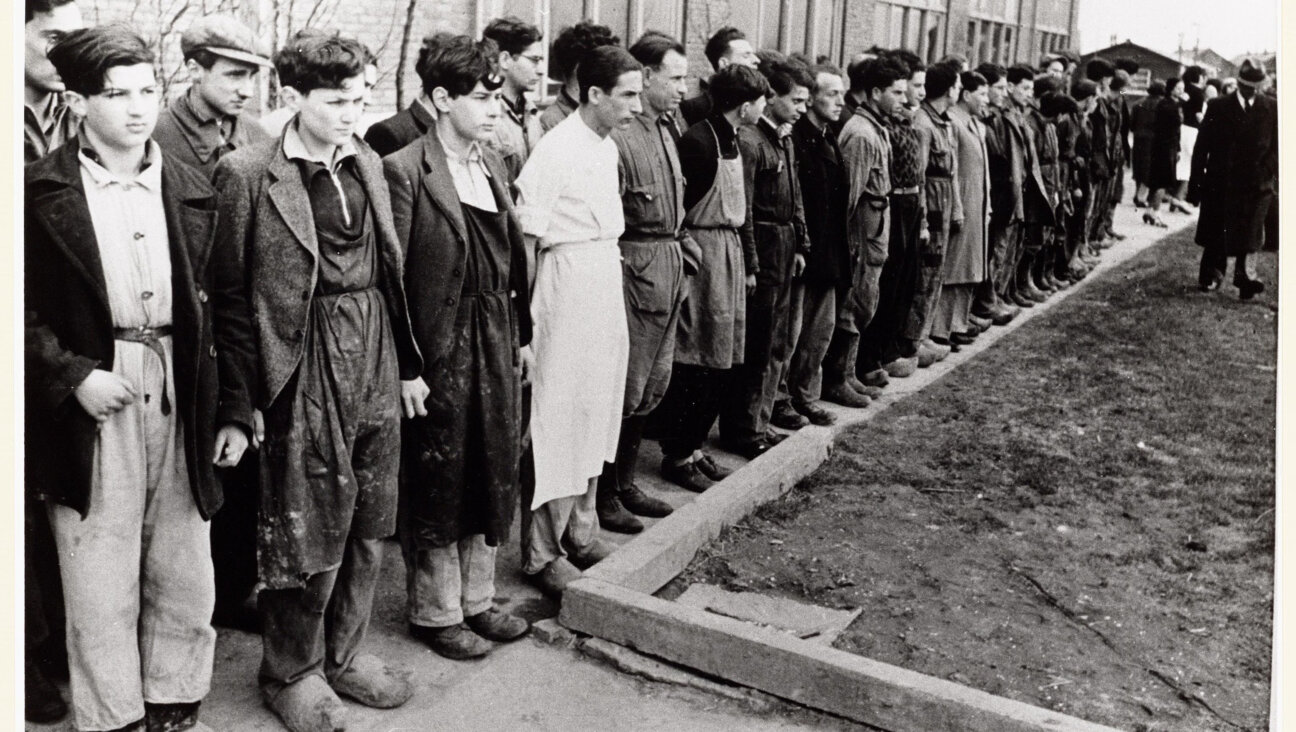Making Unemployment Work for the Jobless
Since 2001, 2.7 million manufacturing jobs have been lost; the number for the last two decades is 5 million.
Economists have offered a whole slew of explanations for the rapidly shrinking American workforce, from a slow economy to jobs moving overseas, rising health coverage costs and economically driven shifts away from labor-intensive production methods. The diagnoses are vital for getting the ailing economy back on its feet, but they are little consolation to the millions of Americans who have been handed their pink slips.
Job loss is a given even in the best of circumstances. Such frictional unemployment occurs as part of the normal adjustment among employer strategies, workforce talents and consumer needs and preferences. For many individuals, however, job loss has costly effects that go well beyond loss of income, exacting a heavy psychological and social price on the unemployed person and his or her family.
From the Great Depression to the present, a consistent body of research shows that job loss leads to increased symptoms of depression and anxiety. These emotional changes are sometimes accompanied by alcohol abuse and increased propensity for violent behavior.
Such tendencies are caused by more than just money issues. Employees develop identities that are wrapped up with being productive — with being the family breadwinner. While surveys of job seekers indicate that nearly all job loss is due to economic reasons, unemployed persons may report feelings of shame, loss of confidence and low self-esteem.
In my research on job loss and stress, it has become apparent that numerous daily events reinforce these perceptions.
“Going out to get the morning paper, I see others driving off to work,” said one participant.
“I get nervous about going to parties with friends and relatives,” said another. “People talk about their jobs. The conversation inevitably comes around to ‘well, what are you up to these days?’”
For families, the changes in the job seeker’s mental health and behavior can be equally devastating. Wives of unemployed spouses show an increase in psychiatric disorders, and risk of spouse and child abuse increases.
As an added impact, economic hardship causes families to defer preventive health care and needed treatment for themselves and their children. By the time health care is sought, often in the emergency room, the costs of care and long-term risk of poor health are markedly increased. The stress of these health problems further undermines the emotional well-being of family members.
Job loss also introduces disruptive agendas into the family. Spouses describe how job seekers can become highly critical of how the children are being raised or how the house is maintained. Disagreements disrupt about how money should be spent. These money arguments magnify differences in values among family members. For all of these reasons, risk of family dissolution and divorce increase.
Strong families may be able to buck the trend by responding with social support, often in the form of unconditional acceptance and love along with encouragement to persist in job seeking. Single parents, though, are frequently doubly disadvantaged, both by economic loss and by the unavailability of spousal support.
If unchecked, the multiple blows of job loss — loss of self-confidence and mental health, and the undermining of family support and esteem — can undermine the ability of the job seeker to successfully find re-employment. But while being forced into unemployment is never a pleasant experience, it need not be a debilitating one.
In recent years, divorce mediators and lawyers developed the concept of “a better divorce,” reasoning that when divorce is inevitable, there are better and worse ways of carrying it out. The same can be said for job loss.
Pioneering work by social and behavioral scientists on equitable methods of downsizing and methods of preventive intervention for job seekers have led to what can be called “a better job loss.” This work has paved the way for communities to play a more active role in reducing the social, emotional, health and economic costs of job loss.
According to studies of job seekers who have successfully and unsuccessfully coped with job loss and experiments in work organizations, a better job loss begins before the job ends. Research by Columbia University business professor Joel Brockner indicates that communities need to work with labor and employers to ensure that employees are given adequate warning of job loss and allowed to participate in brainstorming methods for how they and the employer can address needs to cut employment costs.
Communities should ensure that labor and employers work to treat victims with dignity and respect. When layoffs are anticipated, businesses need to prepare supervisors and managers for the layoff so that they act fairly and are supportive. What, when and how workers are told about the need to downsize can affect the mental health and emotional resilience of those who are not laid off, as well as those who will lose their jobs. There is a science of achieving these goals humanely.
Complementing this work, Amiram Vinokur and Richard Price, research psychologists at the University of Michigan’s Institute for Social Research, have developed and tested a highly effective program of community-based preventive interventions called JOBS that prevents depression and promotes sound reemployment. The program uses highly efficient group-based interventions that motivate and provide effective job seeking skills. Vinokur and Price’s work has successfully addressed one of the greatest challenges for employment counselors, namely, how to generate job-finding persistence in the face of the numerous setbacks that are a normal part of job seeking.
Communities need to determine whether such programs can be adapted to the needs and norms of their cultural and ethnic groups. JOBS, for example, is effective across gender, ethnic and occupational groups. The program has been successfully exported to Finland and piloted in Israel and China. All three countries, like the United States, continue to struggle with social, technological and economic transitions that generate unemployment.
Community-based interventions must make economic as well as social sense. Economists have demonstrated that effective programs quickly pay for themselves. Sound preventive intervention increases the quality of reemployment. As a result, there is a better employer-employee fit, producing a more efficient labor market.
Long-term follow-up of employees in such programs shows that tested prevention programs have other bottom lines including greater lifetime earnings. Those earnings have payoffs to society through increased state and federal income tax revenue and reduced future need for unemployment-related social services.
I have seen scarce social resources wasted on untested, ineffective programs that did little to help prevent poor mental health, raise self-confidence or promote needed persistence. Communities now have the opportunity to work with labor, management and government to ensure that successful, scientifically tested programs are adopted. It is time to start making our unemployment system work for the individuals it purports to help.
Robert Caplan, a consultant to nonprofit organizations on community-based intervention, is a past professor of psychology and psychiatry at George Washington University and past senior scientist at the University of Michigan’s Institute for Social Research.














